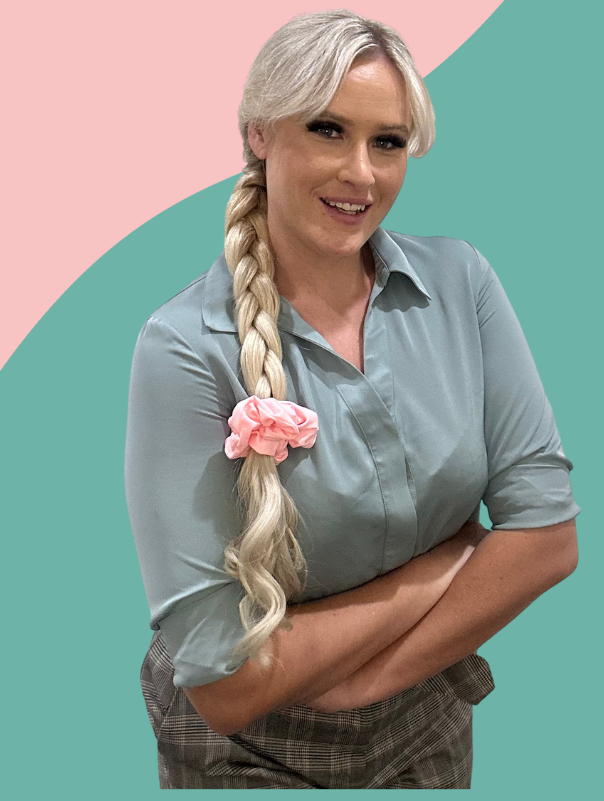
Feeding Therapy (Kids & Teens)
Helping children and teens expand their diet with less stress — and more support.
Does this sound familiar?
-
Mealtimes feel like a battleground — stress, refusal, or meltdowns.
-
Your child eats fewer than 20 foods, avoids entire textures, or has strong brand preferences.
-
You worry they’re not getting enough variety or nutrition.
-
You're unsure if it's “just fussy eating” or something more complex like ARFID.
-
You’ve tried everything — but nothing seems to work.

How Feeding Therapy Can Help
Feeding therapy isn’t about forcing foods or pressure-based approaches. It’s a child-led, relationship-based way of helping kids and teens explore, accept, and eventually enjoy new foods — at their own pace.
We support children aged 2 to 18 (and their families) to:
-
Improve confidence and reduce anxiety around food
-
Increase food variety without fear or overwhelm
-
Work through sensory sensitivities and oral motor challenges
-
Manage ARFID, extreme fussy eating, and food jagging
-
Support family dynamics and reduce mealtime stress
What You Can Expect
Feeding therapy sessions are tailored to your child’s needs. You’ll receive:
-
A full nutrition and feeding assessment
-
Collaborative goal-setting with parents and/or teens
-
Individualised strategies using evidence-based models like SOS, CBT-AR, RAVES and responsive feeding
-
Sensory-based food exposure games and activities
-
A take-home plan to build consistency at home
Sessions are available in-clinic on the Sunshine Coast or online.
Not sure if it's ARFID or fussy eating?
Download our free Could It Be ARFID Guide for a practical, parent-friendly breakdown of what to look for — and what to do next.
Download the FREE GuideWhy Work With Me?
I'm a feeding therapist and dietitian who understands that fussy eating isn't just a phase — and it’s not your fault. As someone who once struggled with food variety myself, I know how complex eating can be for children and how emotional it is for parents.
I combine professional training with real-life compassion to support families in a way that’s non-judgemental, evidence-based, and effective.


